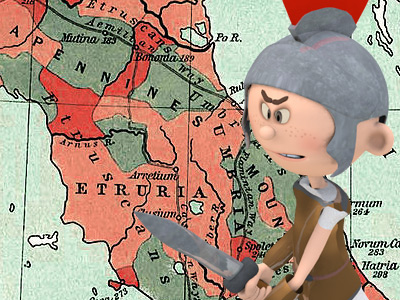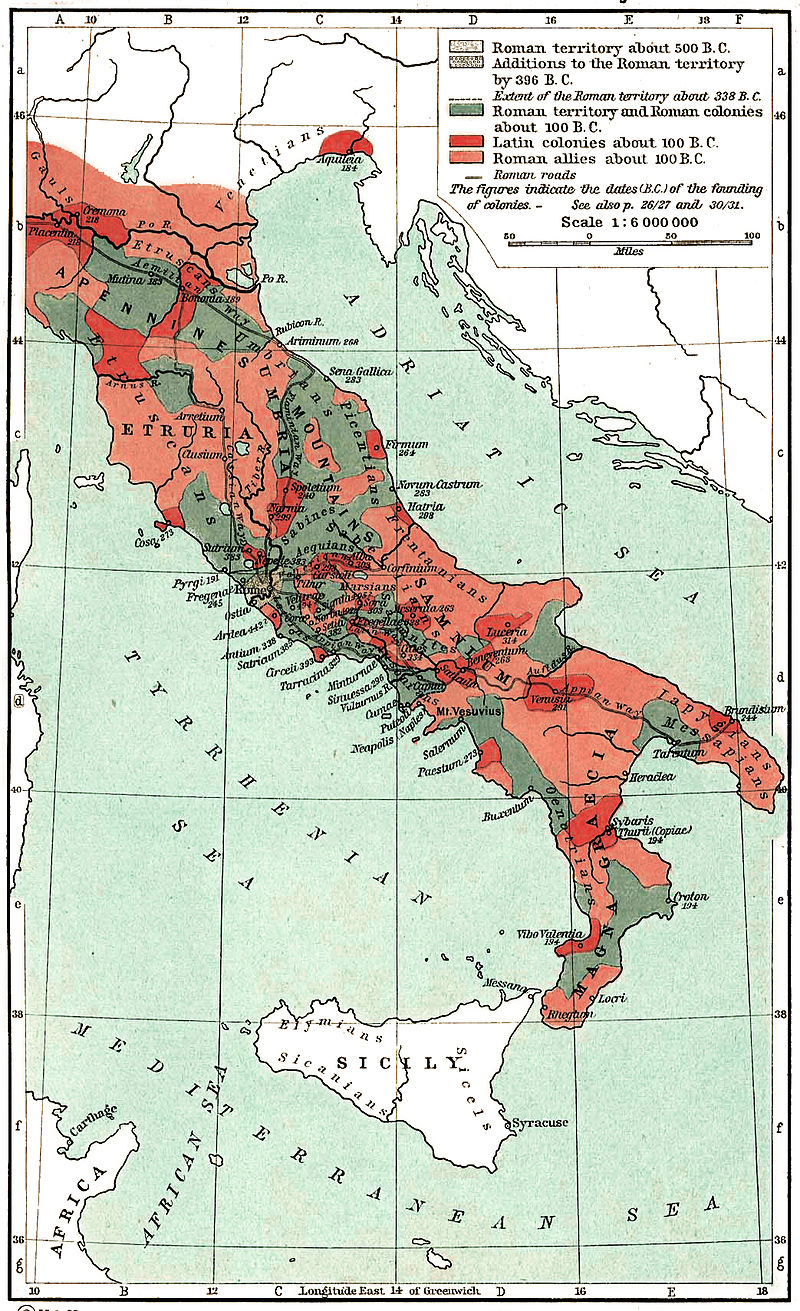Social War (91–88 BC)
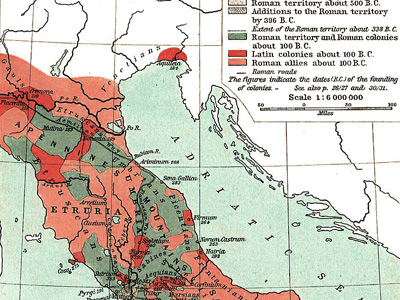
War (91–88 BC)
The Social War began in 91 BC when the Italian allies revolted. The Latins as a whole remained largely loyal to Rome, with the one exception of Venusia. The rebellious allies planned not only formal separation from Rome but also the creation of their own independent confederation, called Italia, with its own capital at Corfinium (in modern Abruzzo) that was renamed Italica. To pay for the troops, they created their own coinage that was used as propaganda against Rome. The coins depict eight warriors taking an oath, probably representing the Marsi, Picentines, Paeligni, Marrucini, Vestini, Frentani, Samnites and Hirpini.
The Italian soldiers were battle-hardened, most of them having served in the Roman The Roman Republic was a form of government of Rome and the era of the classical Roman civilization when it was run through public representation of the Roman people. Beginning with the overthrow of the Roman Kingdom (traditionally dated to 509 BC) and ending in 27 BC with the establishment of the Roman Empire, Rome's control rapidly expanded during this period - from the city's immediate surroundings to hegemony over the entire Mediterranean world. armies. The 12 allies of Italia were originally able to field 120,000 men. The Italians divided this force according to their positions within Italy.
The Roman Republic was a form of government of Rome and the era of the classical Roman civilization when it was run through public representation of the Roman people. Beginning with the overthrow of the Roman Kingdom (traditionally dated to 509 BC) and ending in 27 BC with the establishment of the Roman Empire, Rome's control rapidly expanded during this period - from the city's immediate surroundings to hegemony over the entire Mediterranean world. armies. The 12 allies of Italia were originally able to field 120,000 men. The Italians divided this force according to their positions within Italy.
- Quintus Poppaedius Silo had overall command the "Marsic Group", as consul.
- Gaius Papius Mutilus had overall command the "Samnite Group", as consul.
- Titus Lafrenius commanded the Marsi in 90 BC, when he was killed in action. He was succeeded by Fraucus.
- Titus Vettius Scato commanded the Paeligni to 88 BC, when he was captured by the Romans and killed by his slave.
- Gaius Pontidius probably commanded the Vestini, probably at least until 89 BC.
- Herius Asinius commanded the Marrucini until 89 BC, when he was killed in action. He was succeeded by Obsidius who was also killed in action.
- Gaius Vidacilius commanded the Picentes until 89 BC, when he committed suicide.
- Publius Praesentius probably commanded the Frentani, probably throughout the war.
- Numerius Lucilius probably commanded the Hirpini until 89 BC, when he seems to have been succeeded by Minatus Iegius (or Minius Iegius).
- Lucius Cluentius commanded the Pompeiani in 89 BC when he was killed in action.
- Titus Herennius probably commanded the Venusini throughout the war.
- Trebatius may have commanded the Iapygii throughout the war.
- Marcus Lamponius commanded the Lucani throughout the war.
- Marius Egnatius commanded the Samnites until 88 BC when he was killed in action. He was succeeded by Pontius Telesinus who was also killed in action that year.
The Roman strategy focused on surviving the first onslaught, while simultaneously trying to entice other Italian clients to remain loyal or refrain from defection, and then meet the threat of the revolt with troops raised from provinces as well as from client kingdoms. One of the two separate theatres of war was assigned to each of the consuls of 90 BC. In the north, the consul Publius Rutilius Lupus was advised by Gaius Marius and Pompeius Strabo; in the south the consul Lucius Julius Caesar had Lucius Cornelius Sulla and Titus Didius.
Events in 90 BC:
- Roman consul Strabo successfully besieged Asculum
- Rutilius was defeated and killed in Tolenus Valley
- Quintus Servilius Caepio was defeated and killed by Poppaedius
- Marius was able to retrieve these losses and was left in sole command
- Besieged Aesernia — a key fortress which covered the communication between the north and south areas — forced it to surrender
- Papius Mutilus burst into southern Campania and won over many towns and held them until defeated by Caesar
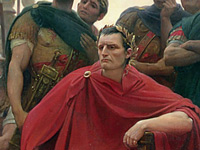 Julius Caesar (100-44 BC), was a Roman politician and general who played a critical role in the events that led to the demise of the Roman Republic and the rise of the Roman Empire. Caesar is considered by many historians to be one of the greatest military commanders in history. Julius Caesar »
Julius Caesar (100-44 BC), was a Roman politician and general who played a critical role in the events that led to the demise of the Roman Republic and the rise of the Roman Empire. Caesar is considered by many historians to be one of the greatest military commanders in history. Julius Caesar » - Other Italian commanders led successful raids into Apulia and Lucania
Despite these losses, the Romans managed to stave off total defeat and hang on. In 89 BC, both consuls went to the northern front whilst Sulla took sole command of the southern front.
Events in 89 BC:
- Lucius Porcius Cato (one of the two consuls) defeated and killed
- Strabo (other consul) left in sole command – decisive engagement defeated Italian Army of 60,000 men – after success forces Asculum to surrender
- Sulla moved to the offensive — he defeated a Samnite army
- Recovered some of the major cities in Campania
By 88 BC, the war was largely over except for the Samnites (the old rivals of Rome) who still held out. It is likely that the war would have continued a lot longer had Rome not made concessions to their allies.
HISTORY
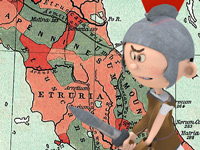
RESOURCES
This article uses material from the Wikipedia article "Social War (91–88 BC)", which is released under the Creative Commons Attribution-Share-Alike License 3.0.
© Stories Preschool. All Rights Reserved.
